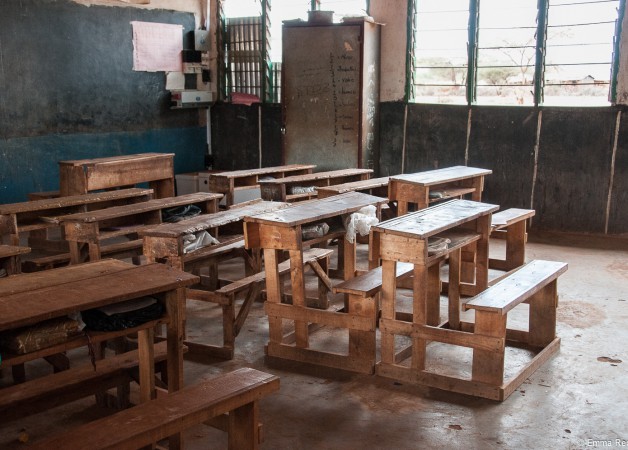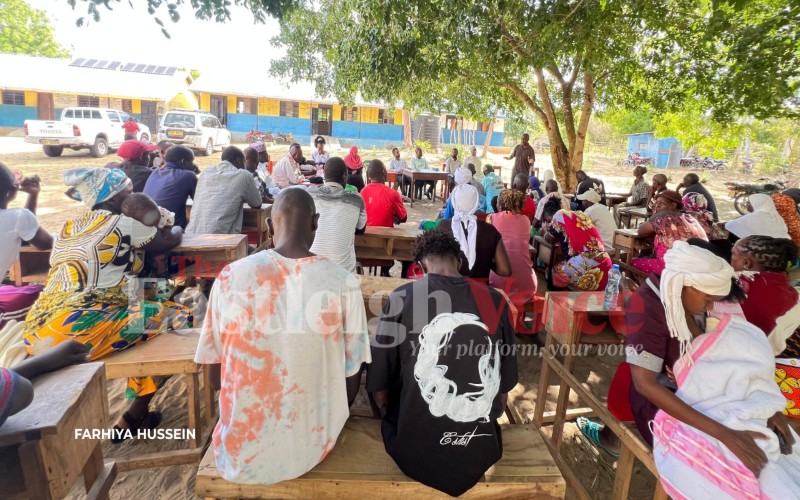Why rights groups are opposed to printing of Maisha Namba cards

Ten NGO have raised issues including lack of a comprehensive legal framework, lack of public participation and consented opt-in, and privacy and data protection apprehensions.
Ten human rights organisations have faulted last week's move by the Department of Immigration to resume the printing of Maisha Namba cards, which are to replace the stalled Huduma Namba.
They are the Nubian Rights Forum, Kenya Human Rights Commission, Article 19 Eastern Africa, Centre for Minority Rights Development (CEMIRIDE), Namati Kenya, Defenders Coalition, Haki na Sheria Initiative, Access Now, Protection International – Africa and Haki Centre.
More To Read
- AG advises Treasury CS to halt Sh50 e-Citizen convenience fee following High Court order
- Blow to State as court declares eCitizen Sh50 charge illegal, halts mandatory school fee payment via platform
- Ruto says fibre-optic growth powering faster eCitizen services and digital access
- KWS rolls out new ‘KWSPay’ system for seamless park payments
- Rights groups slam new ID rules, say they discriminate against Muslims and minorities
- Friends of Karura Forest sue KFS over mandatory eCitizen payments
In a statement on Tuesday, they noted that the court is yet to grant the government consent to print out the new cards.
"We, civil society organisations, acknowledge and commend the High Court's swift decisions, firstly, to issue interim orders suspending Maisha Namba and secondly, to transfer the Judicial Review case on Maisha Namba to another division of the court," the statement said.
"However, we urge the government not to interpret this transfer of the case as consent to begin implementing the adoption of Maisha Namba before the full determination of the cases."
The non-governmental organisations (NGOs) further argued that the government is yet to put in place reforms and safeguards to address the weaknesses of the digital identity system.
"While announcing the pilot phase of the Maisha Namba project on November 1, 2023, PS Bitok noted that the trials aimed to identify gaps with the digital ID system before the official launch across the country and informed the public that transitioning to the new generation national IDs, Maisha card, would take 2-3 years," they said adding that the government had backtracked on its promise not to make the card mandatory.
The organisations further argued that by proceeding with the mandatory issuance of the cards, the government locks out about 5 million people from registration. These include those indiscriminately locked out of or delayed in obtaining national ID cards due to discrimination as well as those who are far from registration centers.
As a result, the organisations warn, that people who currently lack documentation such as birth certificates or ID cards will be unable to access the benefits of Maisha Namba as it will be issued based on existing population databases.
"This raises the prospect of Maisha Namba grievously disrupting people's lives and having a profound impact on equity and access to ID cards for many Kenyans," the statement added.
Other concerns the organisations have on the Maisha Namba eco-system include lack of a comprehensive legal framework, lack of public participation and consented opt-in, and privacy and data protection apprehensions.
Last week, Immigration Principal Secretary Julius Bitok said the ban on the implementation of the Huduma Namba card had affected and infringed upon the rights of thousands of Kenyans since without the ID, they lacked access to government services via the eCitizen platform.
"We appreciate the support and patience that Kenyans have exhibited for the duration of the order. We assure all persons with pending applications that we will expeditiously produce IDs on first come first out basis beginning immediately," Prof Bitok said.
He also assured that the government remains committed to implement reforms at the Kenya National Identity ecosystem in a manner that respects the constitution and the interests of all citizens.
"We pledge to sustain our engagements with all stakeholders for meaningful input in the implementation of the Kenya National Identity ecosystem," added the PS.
Top Stories Today












































